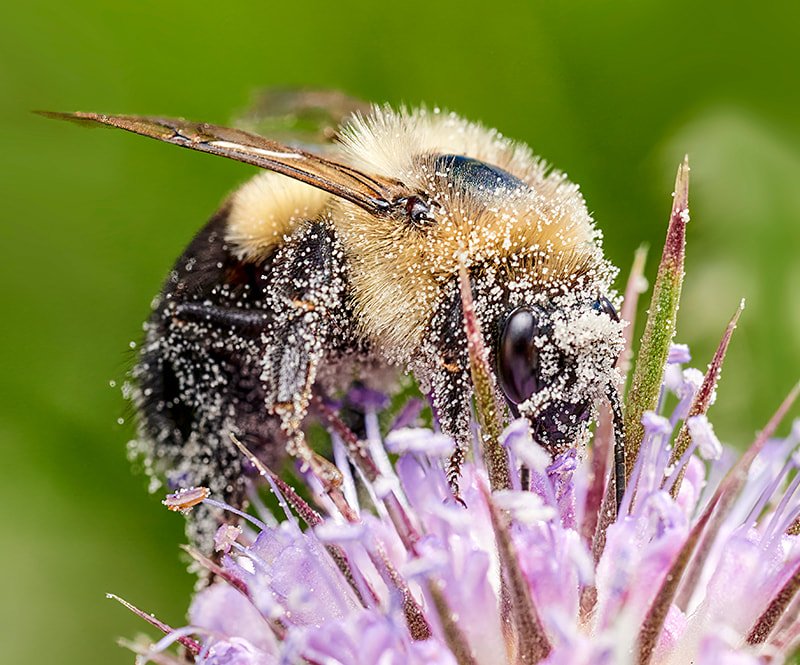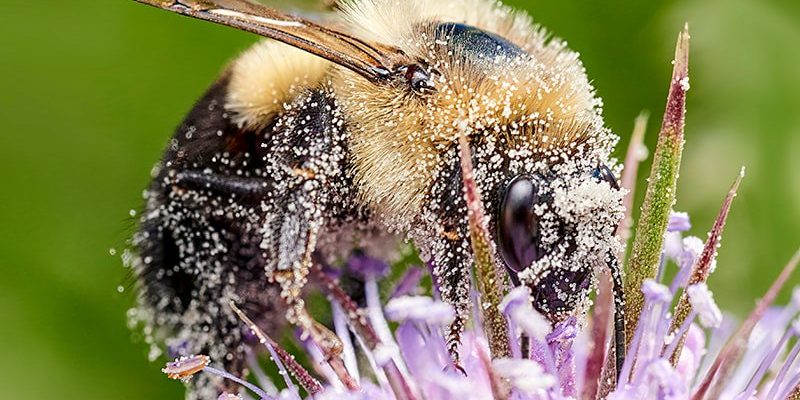
Imagine a world without houseflies—plants would struggle to reproduce, and ecosystems could topple. In a way, these tiny creatures can be thought of as nature’s little assistants. Just like a remote control helps you navigate your favorite shows, houseflies help navigate the delicate balance of life on Earth. So, let’s dive deeper into the fascinating world of houseflies and explore how they contribute beyond being just a nuisance.
The Role of Houseflies in Pollination
Most people don’t associate houseflies with pollination; that title usually goes to bees or butterflies. But did you know that houseflies also contribute to this vital process? While they may not be as efficient as honeybees, they still help in transferring pollen from one flower to another. This is crucial for the reproduction of many plants.
Houseflies are attracted to a wide variety of flowers. They’re particularly drawn to those with strong scents or bright colors. When they land to feed on nectar, they unknowingly pick up pollen and carry it to the next flower they visit. You might not see them buzzing from blossom to blossom like a bee, but they do play a part in the intricate dance of flower reproduction.
Moreover, houseflies are often more active in colder climates where bees might be less prevalent. This means they can fill an ecological gap that otherwise might lead to fewer plants and flowers blooming. So, the next time you swat at a housefly, remember that it could be playing a role in helping your garden bloom!
Decomposing Organic Matter
Houseflies are also nature’s recyclers. They lay their eggs in decaying organic matter like rotting fruits, vegetables, and even animal waste. While this might sound gross, it’s actually an important job. By breaking down waste, houseflies help return nutrients to the soil, promoting plant growth.
When housefly larvae, or maggots, hatch, they feast on this organic material. They break it down more quickly than it would decompose on its own. This speeds up the process of returning nutrients to the environment. Think of them as little cleanup crews working to keep our ecosystems healthy and balanced.
Plus, by helping decompose organic matter, houseflies indirectly support other creatures in the food chain. Many animals, including birds and small mammals, rely on these larvae as a food source. So, houseflies play a multifaceted role in their environments that goes beyond just being a nuisance.
Houseflies and Disease Transmission
While we’ve been focusing on the positive contributions of houseflies, we can’t ignore that they also have a darker side. Houseflies can carry and spread diseases. They often land on waste, and as they buzz around, they can transfer harmful bacteria to food and surfaces.
In fact, researchers estimate that houseflies can carry over 100 different pathogens, including those that cause food poisoning and other illnesses. This is why it’s crucial to keep food covered and maintain cleanliness in areas where houseflies are common.
That said, understanding their role in disease transmission can actually help us mitigate risks. By being aware of where houseflies are likely to land and cleaning these surfaces regularly, we can protect ourselves while still appreciating their ecological roles.
Housefly Behavior and Metabolism
Let’s shift gears and talk about housefly behavior. Houseflies are fascinating little creatures, and understanding their habits can help us reduce their presence in our homes. For instance, houseflies are drawn to sweet, decaying, or fermented smells. This means they’re likely to invade your kitchen if there are visible food sources.
Interestingly, houseflies have a very fast metabolism. They can only survive a few days without food and will reproduce quickly when conditions are right. A female housefly can lay hundreds of eggs at a time! This rapid reproduction is why you might notice a few houseflies turn into a big swarm seemingly overnight.
To keep houseflies at bay, focus on proper food storage and cleanliness. If you eliminate their food sources, you can effectively reduce their numbers. It’s a simple way to keep your kitchen and home fly-free!
Cultural Perspectives on Houseflies
Around the world, houseflies have different meanings in various cultures. In some places, they’re seen as symbols of decay due to their association with waste and rot. However, in other cultures, they can symbolize resilience and adaptability.
For example, in literature, houseflies often serve as metaphors for the things we’d rather not deal with—like our own messiness in life. They remind us that decay can lead to new life, thanks to their role in decomposition and nutrient recycling.
Recognizing these perspectives can help us appreciate houseflies beyond the annoyance factor. They have a deeper role in our ecosystems and carry messages about life, death, and renewal.
How to Coexist with Houseflies
So now that we understand the roles houseflies play, how can we coexist with them? It all boils down to a few simple practices. First, keep your home clean. Regularly wipe down surfaces and store food in airtight containers. This makes your home less attractive to houseflies.
Secondly, consider using natural repellents like essential oils. Scents such as peppermint or eucalyptus are known to deter houseflies without harmful chemicals. You can create your own sprays to keep those pests away while still being kind to the environment.
Lastly, if you come across a housefly buzzing around, take a moment to observe it rather than swatting at it immediately. Remember, it’s doing its job in the grand scheme of nature. A little mindfulness can go a long way.
In summary, while houseflies are often viewed as annoying pests, they actually play several essential roles in our ecosystem. From pollination and decomposing organic matter to their intriguing behaviors and cultural symbolism, they serve functions that might surprise you.
Next time you see a housefly, think about its contributions rather than just its presence. They remind us of the interconnectedness of life, how even the tiniest creatures can make significant impacts. By understanding and appreciating them, we can live more harmoniously with all the little beings in our world.

